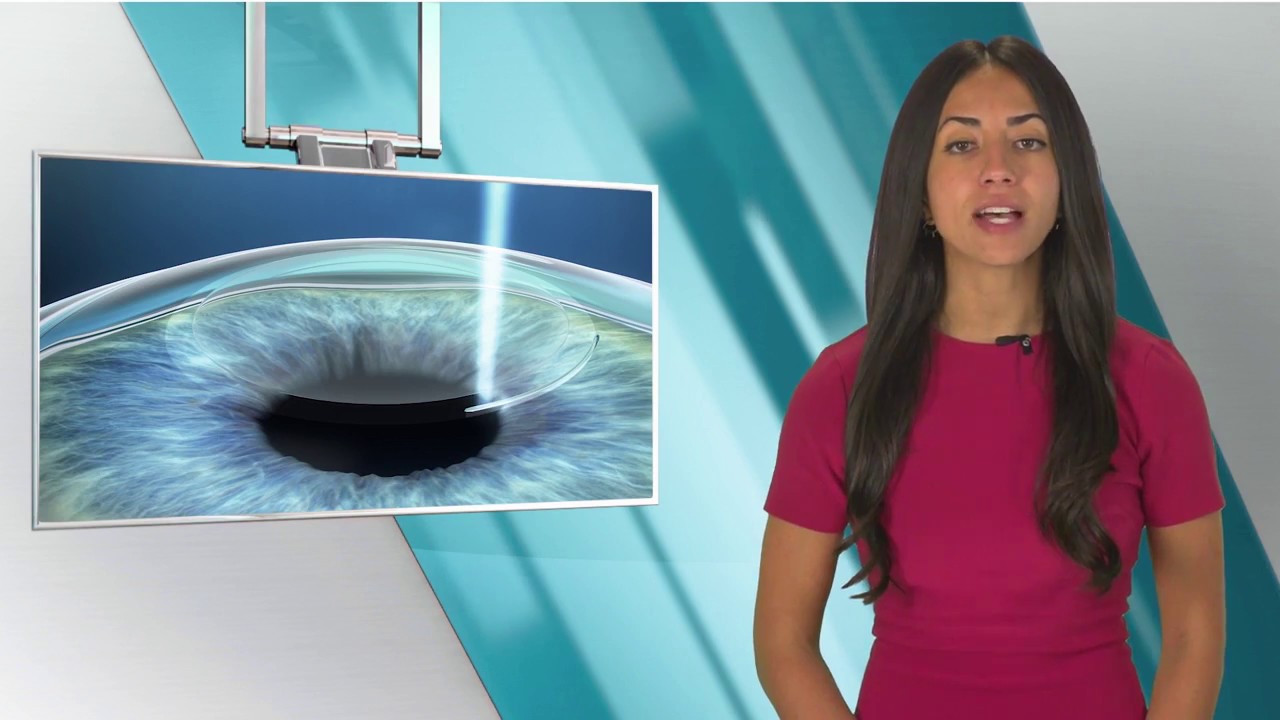At Personal Eyes, we have taken due diligence to publish articles like this to enlighten you about various topics such as – the effects of bright lights on the lens of the eye, artificial intraocular lenses, toric lenses, cataract removal, blurry vision problems, posterior capsule opacification, double vision, clouded lens, and many more. Read on! Lear more about Personal Eye Clinic at https://www.personaleyes.com.au
The most common reason for blindness in the world is cataracts. According to some estimates, almost half of persons between the ages of 75 and 85 have had some degree of visual loss due to cataracts.
However, despite the fact that it is a disorder that most commonly affects older people, it is possible to develop the illness as early as your 40s or 50s, and in extremely unusual circumstances, a congenital cataract can even be present from birth in infants.
Cataracts, over time, will cause a person to lose some of their eyesight, and eventually all of it. The severity of the problem will, of course, vary from person to person, but over time they will cause vision loss.
On the other hand, the uplifting news is that it can nearly always be treated. Cataract surgery successfully restores eyesight for around 95 percent of patients, bringing them back to the level they had before to the cataract development.
Because cataracts are most common in persons of advanced age, some patients worry if they are still good candidates for surgery even though they are getting on in years. Therefore, is there a maximum age at which cataract surgery can be performed?
The short answer is that the answer is not yes. Your age is not necessarily a limiting issue; however, it is up to you and your surgeon to establish if it is the best option for you or not. However, given that each patient is unique, it is up to you and your surgeon to decide whether it is.
In point of fact, cataract surgery has been performed on patients as elderly as 109 years old with success, and the outcomes have been positive.
What are the most important things to know while having a cataract removed?
When to get your cataracts removed from your eyes
There is currently no therapy for cataracts that do not involve surgery. The only treatment option available to restore vision is to surgically remove and then replace the patient’s natural lens. On the other hand, the mere fact that a cataract is present is not sufficient grounds to recommend having it surgically removed.
A cataract will have no meaningful influence on day-to-day living for many individuals, and in such circumstances, it is not suggested to undergo cataract surgery until the impact on vision gets worse. However, if the impact on vision gets worse, then it is recommended to have cataract surgery.
Cataract removal, on the other hand, is not an elective treatment like laser eye surgery, and it should only be performed if both you and your physician determine that it is absolutely essential. For instance, if reading has gotten difficult, driving has become impossible, and overall quality of life has decreased, these are all reasons to think about getting cataract surgery.

Which Eye Should I Cover?
In the event that you are experiencing vision loss in both eyes, you will most likely require surgery on both eyes, spaced out over a period of many weeks. This is due to the inherent danger that comes with having any kind of surgical operation done.
By keeping the procedures apart from one another, there is a much lower chance of difficulties or infection occurring. However, the potential for adverse effects is quite low with this routine operation.
Other restrictions on surgical procedures
As was just indicated, age itself is not always an issue that prevents cataract surgery from being performed. On the other hand, there are a few states of affairs and scenarios in which it would not be a good idea to go through with the therapy. These may consist of some or all of the following:
- Keratoconus and Marfan syndrome are two examples of hereditary diseases that can make surgery either impossible or exceedingly difficult to perform.
- Pre-existing conditions — Pre-existing diseases such as diabetic retinopathy or age-related macular degeneration may restrict what can be done during cataract surgery and may influence the outcomes that are expected.
- A previous eye operation — Your eyes are incredibly sensitive, and a cataract operation in the future may be more difficult if you’ve already had eye surgery in the past.
- The stage of cataract development Some highly advanced kinds of cataracts may not be treated, however, this scenario only occurs in a very small percentage of instances.
- Previous eye trauma – If you have ever been in an accident that caused you to sustain any kind of eye injury, then this may be a limiting issue for you.
- Pre-existing conditions — Glaucoma, uveitis, and other disorders affecting the eyes are examples of pre-existing conditions that may preclude surgery from being performed.
How to determine whether or not you should get cataract surgery
It is essential to understand that the decision to have cataract surgery ultimately rests with the patient and that decision-making authority is sole with them. It is up to you to decide whether or not you want to go through with the procedure, even though our highly skilled surgeons are there to explain all that is involved and offer guidance on the most effective next steps.

It’s possible that your age and the circumstances of your life will play a role in this decision. While some patients believe that they are never too old for therapy, others come to the conclusion that it may not be the best choice for them at this point in their lives. It is entirely up to you to choose how to go with it.
Factors That Increase your Chance of Having Cataracts:
When it comes to cataracts, one of the most important risk factors is a person’s age. Unfortunately, it is one of the ways in which the body adapts to the effects of aging for a lot of individuals. However, there are a few additional things that might raise your risk of having cataracts, and those things are listed below.
Personal habits, such as heavy drinking or smoking, are an example of this type of behavior. Higher risk can also be a consequence of having certain illnesses, such as diabetes.
There are other environmental influences, such as being exposed to the sun for an extended period of time. Therefore, as you become older, you need to give some thought to the way that you go about living your life.
You may schedule an appointment for a consultation with Personal Eyes Clinic or come down to one of our Eye Hospitals if you would like more information about cataract surgery or if you would want to find out whether you could enhance your eyesight.
Conclusion
Personal Eyes’ mission is to provide information to everyone interested in learning how to better their eyesight in-spite of a cloudy vision from a cataract. And if you are seriously considering cataract surgery or you begin to notice that eye drops are no longer effective for your eye pain, contact us and we can help you determine if you are a suitable candidate for lens replacement surgery.
If you are having any questions or inquiries about how to have a clear vision, or about specific topics such as – intraocular lens implant, cloudy lens, retinal detachment, laser-assisted cataract surgery, manual cataract surgery, lens capsule, replacement lens, new artificial lens, distance vision, artificial intraocular lens, multifocal lenses, eye surgeon, cloudy natural lens, cataract surgeon – you should get in touch with us via our Personal Eyes website to book your free consultation today.



